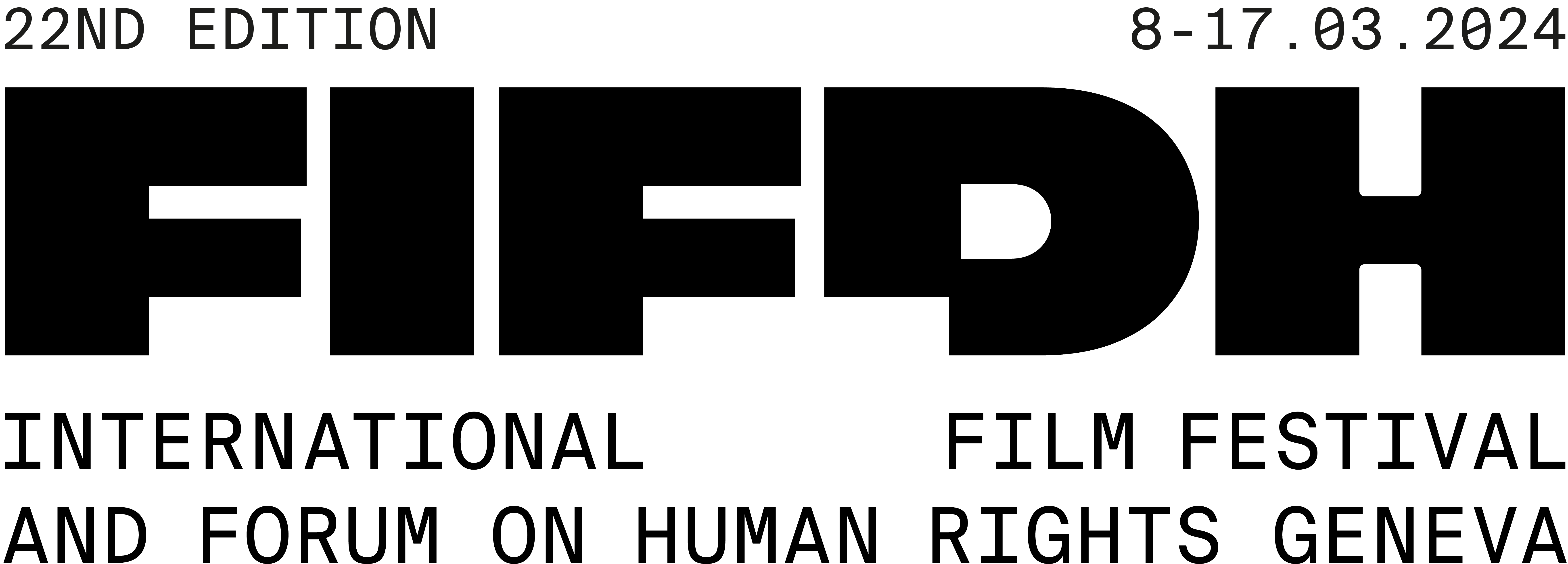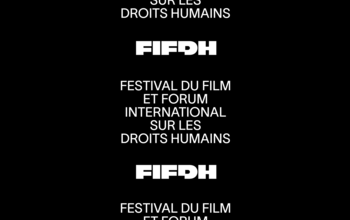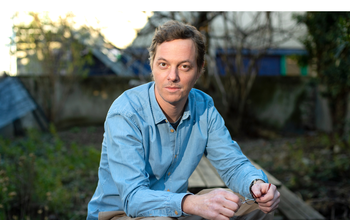Protecting the civilian population must remain the priority

Echoing the appeals of Amnesty International, Doctors Without Borders, Human Rights Watch, the OHCHR and our other partners in the field, the FIFDH calls on all parties to protect the lives of civilians caught up in hostilities, as required by international law, and reiterates the urgency of doing everything possible to obtain a ceasefire and guarantee the entry of humanitarian aid into Gaza.
"At a time when all parties to the conflict are continuing to commit violations of international law, including acts that unquestionably constitute war crimes, there is an urgent need to put an end to the prevailing impunity and to reiterate that as long as the international community refuses to implement measures seriously addressing the causes of this conflict, no lasting peace will be possible." stress Laura Longobardi and Laila Alonso Huarte, editorial directors of the FIFDH Festival
What role can a film festival play at a time like this?
"For 22 years, the Festival has been committed to supporting people that speak out against human rights violations, offering films that fuel debate, and defending the role of cinema as a tool for critical reflection and resistance.
In keeping with these commitments, we seek to highlight the work of committed activists and filmmakers, whose films are a form of documentation - capturing reality as it is experienced by people on the ground and safeguarding stories from oblivion. It is part of the Festival's mission to raise public awareness of the geopolitical context underlying recent events and to attempt to provide the keys to understanding them in the long term. – Laila Alonso Huarte
"The FIFDH, as a cultural event dedicated to human rights, must continue to play the role it has always played since its creation in 2003: that of offering a space for dialogue and exchange where the different points of view on show enable people to form their own ideas about complex situations. It is only through an understanding of complexity that people can form their own opinions about current conflicts and act accordingly.
Over the years, the Festival has often covered the Israeli-Palestinian conflict, offering films that reflect different perspectives of the situation on the ground, and debates that have always focused on dialogue between the different parties, giving a voice to those who are working for peace on both sides. Some of these films still speak to us today." – Laura Longobardi
A list of films and debates on the subject can be found at the bottom of the page
What message would the FIFDH like to get across?
In this tragic time of humanitarian emergency on the ground, the priority is to remind all the warring parties of their obligation to respect human rights and humanitarian law, whether in Ukraine, Israel, Palestine or elsewhere in the world.
At the heart of this set of rules governing conflicts is the ban on all violence against civilians, who are all too often on the front lines or taken hostage on all sides in such situations, and the duty to protect and assist victims. The protection of civilian populations must remain at the centre of the international community's diplomatic efforts, as the players on the ground are reminding us.
It is about time to put the law of war at the forefront of the political agenda, and to strengthen the ways of ensuring respect for humanitarian law, which is binding on everyone and cannot be negotiated.
Laura Longobardi and Laila Alonso Huarte, editorial directors of the FIFDH
Some resources to go further
Films :
- H2: The Occupation Lab by Idit Avrahami and Noam Sheizaf (2022, presented at the FIFDH 2023).The film narrates how the town of Hebron / Al-Khalil has served as a laboratory for the Israeli occupation of the West Bank since 1967. Aspirations for local democratic life have been entirely thwarted, both by military decisions and by the actions of a small fringe of religious settlers.
- Blue Box by Michal Weits (2021, presented at the FIFDH 2022). In Israel, everybody knows about the "blue boxes" that were used in the 1950s to raise funds for the purchase of land in Palestine. Joseph Weits, the filmmaker's great-grandfather, is well-known for having planted millions of trees, less for orchestrating the expropriation of Palestinian land. His diaries reveal an uncomfortable truth.
- Gaza by Garry Keane and Andrew Mcconnell (2019, presented at the FIFDH 2020). The filmmakers portray Gaza beyond the ruins and the endless conflict, focusing on Karma and Ahmed, two teenagers whose lives differ in every way: Ahmed lives in a refugee camp with his father and his three wives, and his 35 brothers and sisters, and dreams of becoming a fisherman. As for Karma, she lives in a liberal middle-class apartment and aspires to an impossible life elsewhere. Gaza displays its colours and know-how, its music, its complexity and its pride. Available on vimeo.
- PS Jerusalem by Danae Elon (2015, presented at the FIFDH 2016). Danae Elon, daughter of author Amos Elon, and her partner decide to leave New York and return to her hometown : Jerusalem. Her camera chronicles the growing up of her three children as they endlessly ask questions and confront the reality around them. The place she once knew as “home” gradually disrupts her relationship. A deep, complex and painful portrait of contemporary Jerusalem. Available on tënk.
- Habibi by Susan Youssef (2011, presented at FIFDH 2012). Based on a 7th-century Arab tale, Habibi tells the story of two young Palestinian students, Leila and Qays, and their forbidden love. This story, as old and as universal as time, gives director Susan Youssef an excuse to show us the reality of the Gaza strip. Available on Netflix.
- Budrus by Julia Bacha (2009, presented at the FIFDH 2011). To save her village from Israeli bulldozers, Ayed Morrar decides to undertake a non-violent protest against the separation wall built around her village. This activist succeeds in achieving the impossible: uniting Palestinians of all stripes with Israeli peace activists under the same banner.
- Gaza-Sderot, Chroniques d'avant-guerre by Serge Gordey, Robby Elmaliah and Khali al Muzayyen (2009, presented at the FIFDH 2009). An account of the daily reality of men, women and children living in Gaza (Palestine) and Sderot (Israel): their lives and their day-to-day struggle to survive. Although the difficulties never let up, and the air raids or the rocket fire are always a threat, people keep on working, loving each other, and dreaming. Life goes on whatever.
Discussions :
- Palestine - Planned humiliation. Broadcasted during the FIFDH 2023. In English.
- Israël-Palestine : How to name the crimes? Broadcasted during the FIFDH 2022. In English and French.
- Israelis and Palestinians against the occupation. Broadcasted during the FIFDH 2017. In English.
- What Peace for Israel and Palestine ? Broadcasted during the FIFDH 2015. Translated in English.
- Israel-Palestine: the urgency of citizen dialogue. Broadcasted during the FIFDH 2016. In French.



